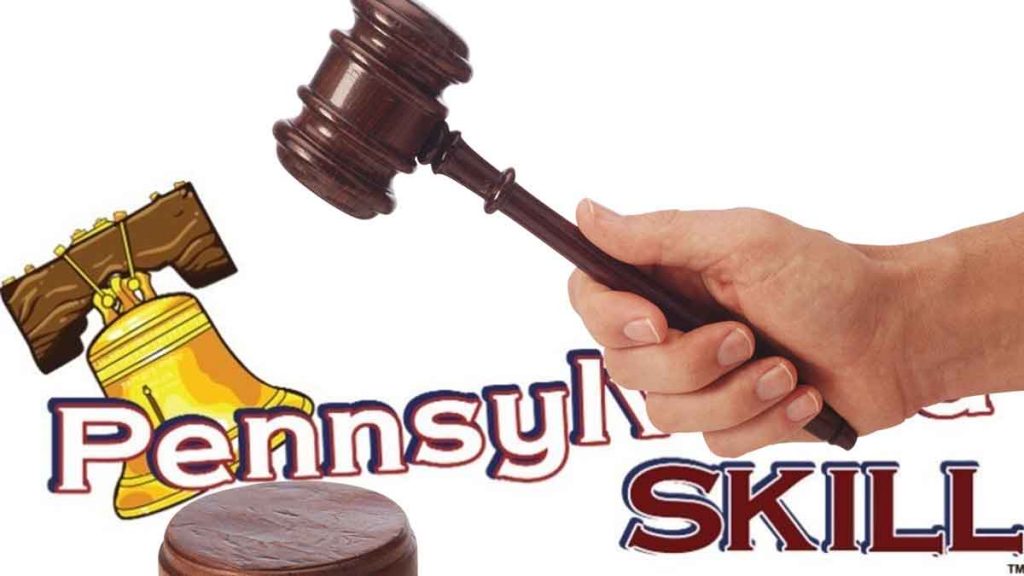After months of being partial to the issue of the legality of the controversial skill-based gaming machines, the Pennsylvania Gaming Control Board (PGCB) has recently decided to weigh in on the matter. The Keystone State’s gambling regulator has petitioned to join the lawsuit against the machines and they have pretty hard-hitting claims that will certainly have a huge impact on the ongoing case.
According to the members of the gaming control board, the state passed a slots-related gambling law back in 2004 and the skill-based machines violate this law. The law in question provided for various player protections and also included a clause that required that slot machines payout at least 85 cents on each dollar wagered. Moreover, the licenses machines also need to be connected to a statewide computer system which allows for effective auditing.
In addition to not being subject to these gambling laws, the skill-based gaming machines are also exempt from the 52 percent gross gaming revenue tax that licensed casino slots are required to pay. Furthermore, the PGCB also referenced a ruling from November 2019 where it was declared that the skill games are, in fact, slot machines under state law. This can be traced back to the 2017 amendment of Pennsylvania gambling law where skill slot machines were defined as a type of slot machine.
However, even though these facts seem to be in favor of the case against the skill games, it is important to note that the court also ruled that the PGCB is not allowed to monitor machines that it has not licensed. This is exactly what the board is seeking to overturn. Its members have argued that the underlying gambling expansion act was meant to prevent the operation of gambling products other than Pennsylvania’s licensed casinos.
Pace-O-Matic Responds
Unsurprisingly, this came as a bit of surprise for Pace-O-Matic. A spokesperson for the company pointed out that the decision by the board to change its stand was very surprising. As it stands, the company is yet to deliver an official statement but they are still banking on a recent court ruling to protect their operations, at least for now.
“Our games have been adjudicated legal as games of predominant skill. The Pennsylvania Commonwealth Court has already ruled that our games are not regulated by the gaming code. We are confident our games’ legal status will be confirmed. In the meantime, we will continue to work with the legislature to regulate the legal skill game industry,” Michael Barley, the spokesman for POM of Pennsylvania commented.
It is safe to say that what the state is currently dealing with in regard to the skill-based gaming machines is simply a case of ambiguity. Even so, it seems that Pace-O-Matic has even more opponents to deal with as the issue continues to heat up. Hopefully, the upcoming court ruling on the matter will straighten things up.
